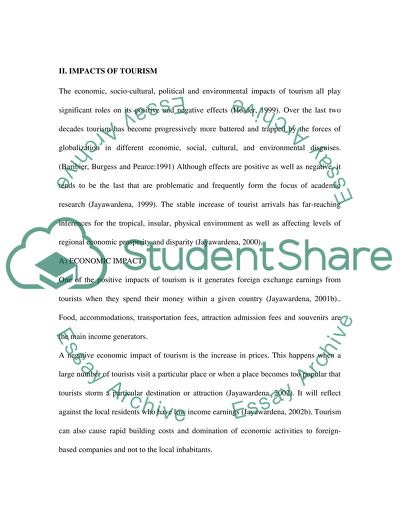Cite this document
(“Cultural Tourism: A Strategic Focus Essay Example | Topics and Well Written Essays - 2500 words”, n.d.)
Retrieved from https://studentshare.org/miscellaneous/1516294-cultural-tourism-a-strategic-focus
Retrieved from https://studentshare.org/miscellaneous/1516294-cultural-tourism-a-strategic-focus
(Cultural Tourism: A Strategic Focus Essay Example | Topics and Well Written Essays - 2500 Words)
https://studentshare.org/miscellaneous/1516294-cultural-tourism-a-strategic-focus.
https://studentshare.org/miscellaneous/1516294-cultural-tourism-a-strategic-focus.
“Cultural Tourism: A Strategic Focus Essay Example | Topics and Well Written Essays - 2500 Words”, n.d. https://studentshare.org/miscellaneous/1516294-cultural-tourism-a-strategic-focus.


